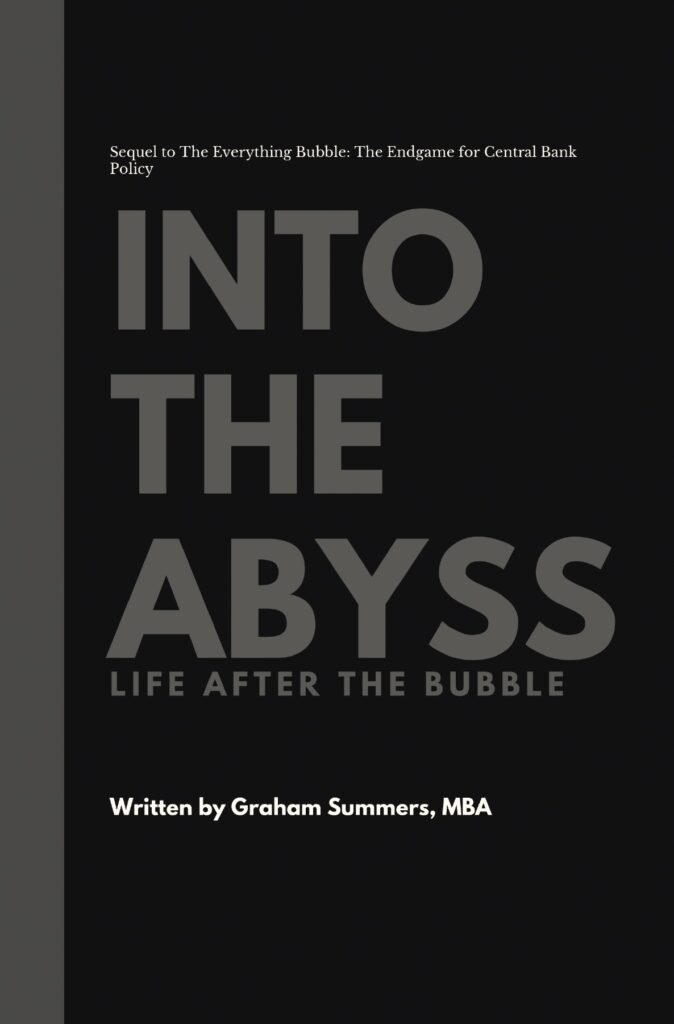As the fiscal cliff euphoria and start of the year buying fade, investors are waking up to the fact that fundamentally nothing was fixed in 2012.
Indeed, once could easily argue that the fiscal cliff “deal” is a great metaphor for 2012 as a whole: an enormous charade played by political leaders that ultimately solved nothing and in fact left everyone worse off.
Case in point, the “deal” has somehow managed to both raise taxes and increase the deficit deficit (by $4 trillion, no less). Economically, accomplishing this should have been virtually impossible. Washington managed to do it. Many words come to mind concerning this. “Success” is not one of them.
Yet even this situation pales in comparison to that occurring in Europe today. There the political leaders are now not only proclaiming that the “worst” is over but that in fact the crisis as a whole is over.
To say this is political grandstanding would be understatement of the year so far: EU unemployment just hit a new record of 11.8%. Also, both Greece and Spain have issued reports revealing that their banks are massively undercapitalized and in fact have negative values.
The Crisis is over, but unemployment continues to grow and the banks are all insolvent. Only in Europe: a place where career politicians are caught on microphone admitting that they have no idea what the economic terms they used in a speech actually mean.
And these people are meant to not only tackle a banking crisis that makes 2008 look rosy in comparison, but somehow get 17 countries with hundreds of years of bloodshed between them to stick together as their respective economies implode?
By way of example, let’s consider Spain.
Throughout the first half of 2012, Prime Minister Rajoy denied that the country’s banks needed any aid, even going so far as to state that those who argued otherwise didn’t know what they were talking about.
Then, one of the largest Spanish banks revealed that both its balance sheet and its “profits” were total fabrications. Rajoy dealt with this situation by flying to the EU demanding a €100 billion bailout, then flying back to watch a soccer match. The next day, he then announced that Spain’s economy was in big trouble.
That is the sort of person that people are banking on saving Europe.
Good luck with that.
The only glue holding the entire financial system together is the belief that the Central Banks have this situation under control. The fact of the matter is that these institutions are largely out of ammunition and have begun resorting largely to verbal intervention as that is the only bullet left they have left.
The best example here is again Europe.
In September 2012, the ECB announced a program to engage in unlimited bond buying. This sounds convincing except that this “unlimited” quality comes only if a country formally requests a bailout from the EU.
Any country that does this will have to mean:
1) Open its books to the EU (something NO EU country wants to do as it would reveal the books are cooked).
2) Agree to austerity measures, which, even if they’re never implemented, will still result in mass protests and civil unrest.
3) Hand over fiscal sovereignty to the EU.
NO EU member wants to do one of these, let alone all three of them.
So the ECB’s announcement is really nothing other than verbal intervention. No money was spent. No new capital was raised for the banks. No national deficits or debt loads were reduced. The whole thing was just one big bluff.
Which means everything that has happened in the markets since September 2012 was based on a massive lie. Again, take a look at Spain: its bond yields fell indicating that perhaps its debt crisis was under control… except the only entity in the world buying Spanish debt was Spain itself which used up 90% of its social security fund to do this.
Spain used up 90% of its social security fund buying its own debt… and somehow things are “fixed.” What happens this year when Spain has to issue another €200+ billion in debt? Where will that money come from?
This is why, smart investors are already taking advantage of the lull in the markets to position themselves accordingly. While everyone else continues to believe the fairytale story spun by the political class and mainstream media, our Private Wealth Advisory newsletter subscribers have already been warned of these issues and are taking action (just as they did in early 2008 when others were bullish, or in 2010 when the EU crisis first began to take off).
Private Wealth Advisory outlined several critical investment strategies, designed to hedge our subscribers from the risks in the market while also alerting them to unique investment ideas that 99% of investors don’t know about.
This includes out of the way hard asset plays that are undervalued by as much as 70%, back-door investments on Europe’s banking system that allow individual investors to profit when the stuff hits the fan there, and more.
To find out about these investments and start positioning yourself for what we all know is coming, but no one wants to openly admit, all you need to do is take out a trial subscription to Private Wealth Advisory.
You’ll immediately be given full access to the subscribers’ only Private Wealth Advisory website where you can find the historical archives of this investment newsletter.
You’ll also begin receiving new, hot off the press, issues of Private Wealth Advisory to your inbox every other Wednesday. Running between 20 and 30 pages in length, these intensive newsletters outline an expert understanding of what’s happening in the world, in plain, easy to understand language so our subscribers have the best research presented in the clearest way possible.
In this manner, our clients are always informed about the economy, financial markets, and most importantly, their investments.
To find out more about Private Wealth Advisory and how it can help you and your investments…
Phoenix Capital Research




